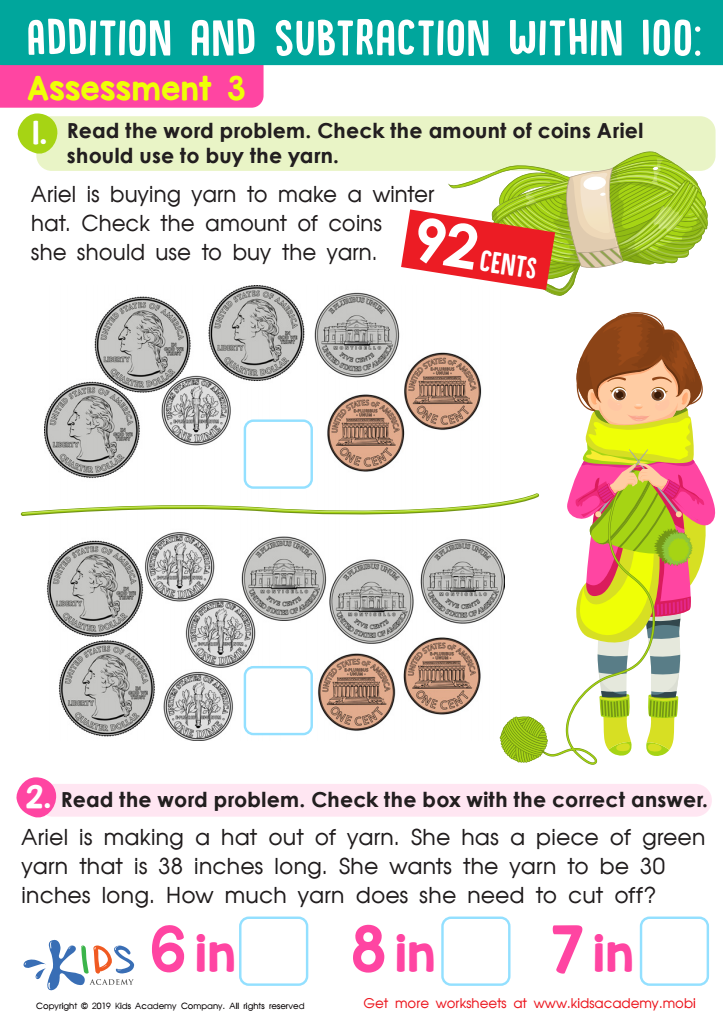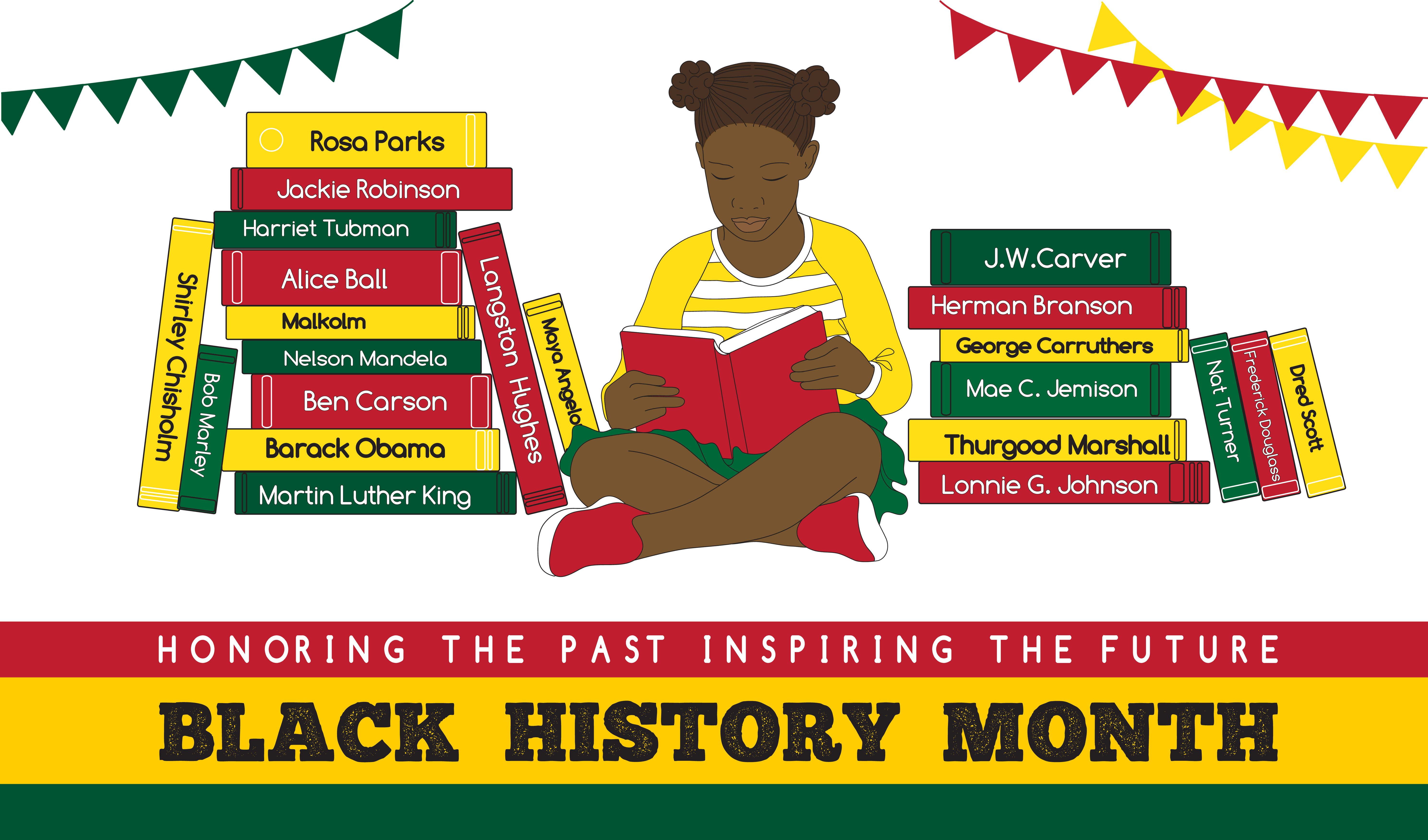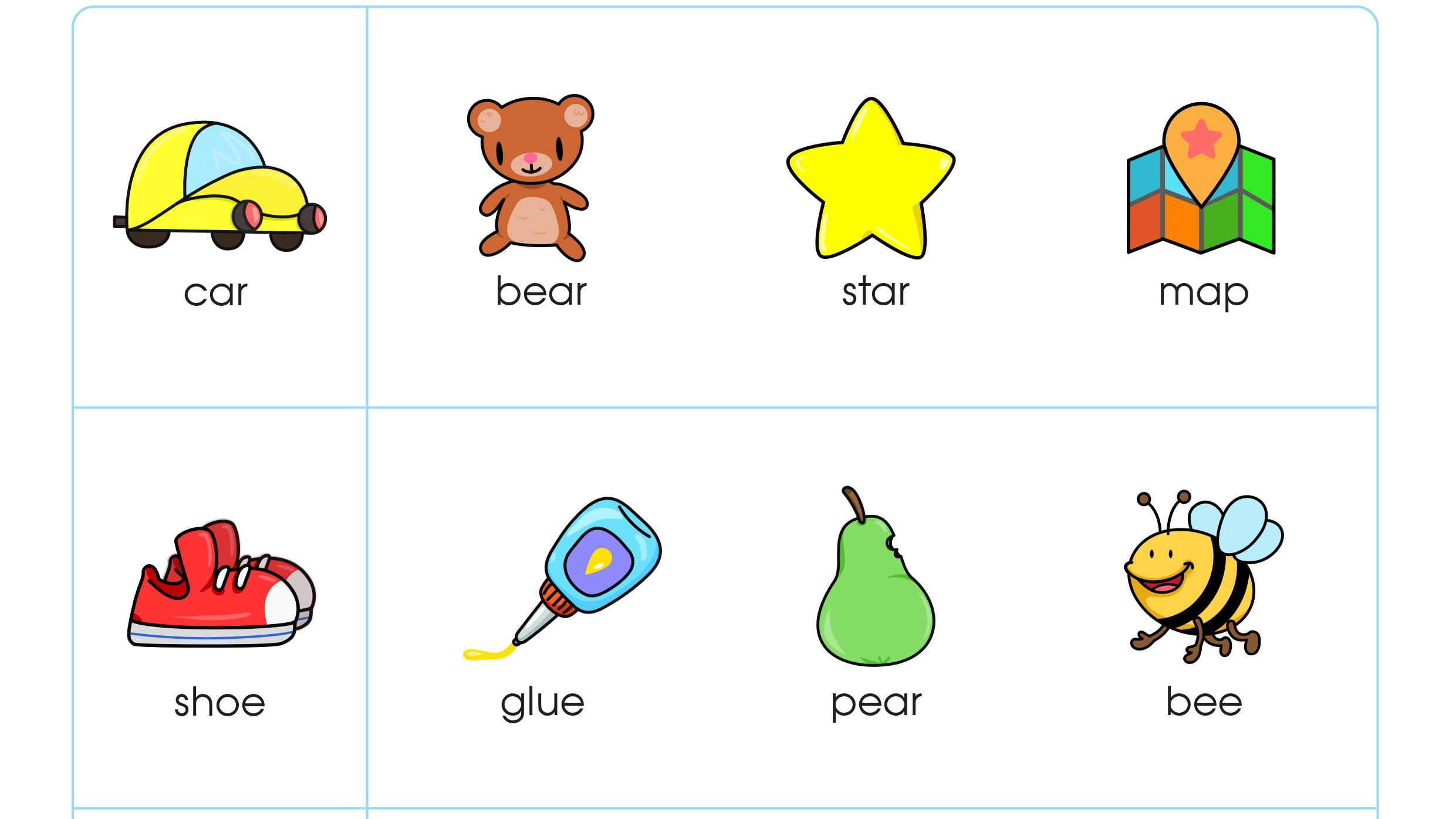Money worksheets activities for 7-Year-Olds
1 filtered results
-
From - To


Assessment 3 Math Worksheet
Money worksheets activities are an essential educational tool for teaching children and students the fundamental principles of money management, arithmetic, and economic responsibility. These activities, crafted to engage learners in practical, real-world applications of math, serve as a bridge between theoretical knowledge and everyday financial decisions.
The usefulness of money worksheets activities cannot be overstated. Firstly, they introduce young learners to the concept of money, including recognition of different currencies, coins, and banknotes. This foundational knowledge is crucial as it prepares children for transactions in daily life, fostering independence and confidence in handling money.
Moreover, money worksheets activities enhance arithmetic skills. Through exercises that involve counting money, making change, and calculating simple budgets, students practice and refine their addition, subtraction, multiplication, and division skills. This hands-on approach not only reinforces math concepts but also illustrates their direct application in day-to-day financial situations, making learning both engaging and practical.
Additionally, incorporating money worksheets activities into the curriculum promotes financial literacy from an early age. Learners are exposed to essential concepts such as saving, budgeting, and the value of money. Understanding these principles early on prepares students for future financial responsibilities and decisions, laying the groundwork for responsible money management in adulthood.
Furthermore, these activities can be adapted to suit various age groups and learning paces, ensuring inclusivity and accessibility. Whether through interactive group projects, individual assignments, or digital platforms, money worksheets activities can cater to diverse learning styles, making the educational experience enriching for every student.
In conclusion, money worksheets activities play a pivotal role in education by making abstract arithmetic concepts tangible, fostering financial literacy, and preparing students for the financial aspects of the real world. Their integration into educational programs equips learners with the skills and knowledge necessary for competent and confident financial decision-making in their future.
 Assign to the classroom
Assign to the classroom



.jpg)








